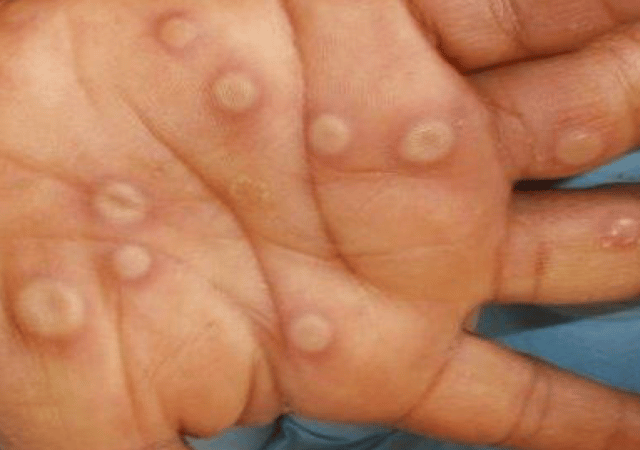Led by researchers from Queen Mary University of London (QMUL), the largest case study of monkeypox was carried out from April to June this year, where it was discovered that symptoms of the disease include single genital lesions and sores on the mouth and/or anus.
This was not previously known to experts who say that monkeypox affects mainly gay and bisexual men with over 98 per cent of infected people from this group.
But researchers also discovered that some patients admitted to hospital with these symptoms have also been treated for pain and difficulties swallowing. About one in 10 people presented with just a single lesion in the genital area while 15 per cent had anal pain.
Although these symptoms may be similar to that of a sexually transmitted disease (STD), Consultant Physician in Sexual Health at QMUL Dr John Thornhill said that monkeypox is not an STD.
“It is important to stress that monkeypox is not a sexually transmitted infection in the traditional sense; it can be acquired through any kind of close physical contact.”

The World Health Organisation (WHO) has reported that there are over 14,000 cases of the disease in over 70 countries, and that number will continue to grow due to a global shortage of vaccines and treatment.
Professor of HIV Medicine at QMUL Chloe Orkin says that their research will be able to narrow the field down to people most at risk but acknowledged that more needs to be done.
“Expanding the case definition will help doctors more easily recognise the infection and so prevent people from passing it on.
“Given the global constraints on vaccine and anti-viral supply for this chronically underfunded, neglected tropical infection, prevention remains a key tool in limiting the global spread of human monkeypox infection.”
It was suggested by QMUL that contact tracing and isolation could be helpful tools to stopping Monkeypox, which has claimed five lives in west Africa.






